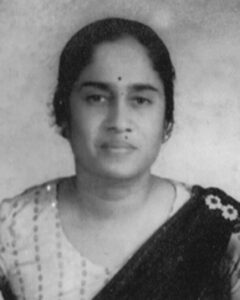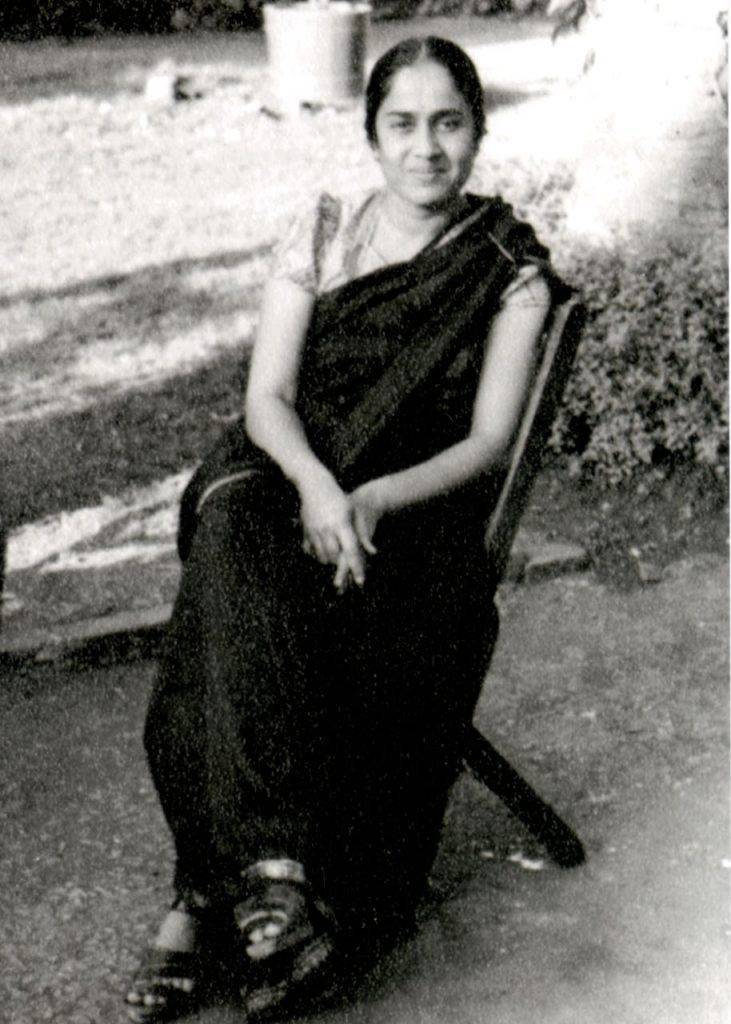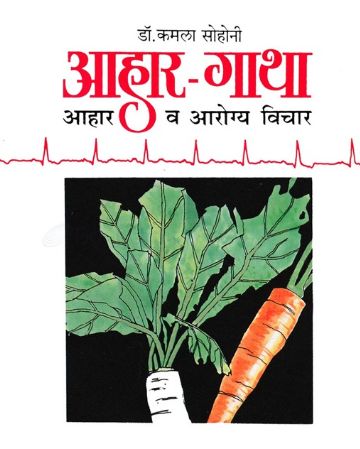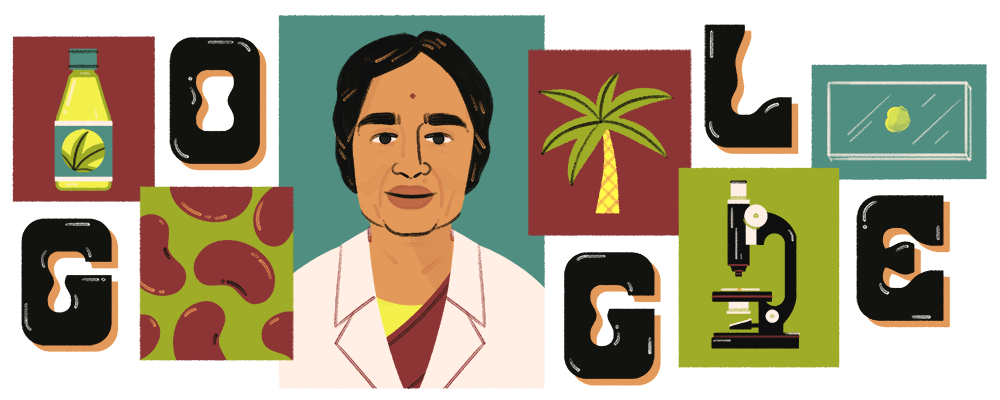Kamala Sohonie Age, Husband, Family, Biography & More
Quick Info→
Age: 87 Years
Husband: M.V. Sohonie
Hometown: Madhya Pradesh
| Bio/Wiki | |
|---|---|
| Birth name | Bhagvat [1]Indian Academy of Sciences |
| Profession | Biochemist |
| Famous for | Being the first Indian woman to earn a Ph.D. in a science field. |
| Physical Stats & More | |
| Eye Colour | Black |
| Hair Colour | Black |
| Career | |
| Awards | Rashtrapati Award for her research in 'Neera' |
| Personal Life | |
| Date of Birth | June 18, 1911 (Sunday) |
| Birthplace | Indore, Indore State, British India (now the domain of Madhya Pradesh, India) |
| Date of Death | 1998 |
| Place of Death | New Delhi |
| Age (at the time of death) | 87 Years |
| Death Cause | She died shortly after she suffered from a collapse during an event in New Delhi. [2]Newnham College |
| Zodiac sign | Gemini |
| Nationality | Indian |
| Hometown | Indore, Indore State, British India (now the domain of Madhya Pradesh, India |
| College/University | • Bombay University (1933) • Indian Institute of Science • Newnham College, University of Cambridge |
| Educational Qualification | • B.Sc. degree in Chemistry and Physics (1933) • Ph.D. in Biochemistry |
| Relationships & More | |
| Marital Status (at the time of death) | Married |
| Marriage Date | 1947 |
| Family | |
| Husband/Spouse | M.V. Sohonie (Actuary)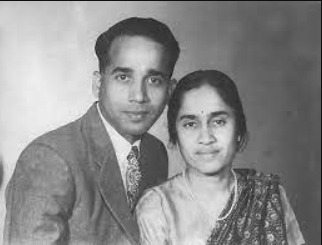 |
| Children | Son- 2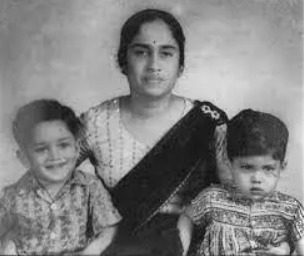 |
| Parents | Father- Narayanarao Bhagvat (Chemist) |
Some Lesser Known Facts About Kamala Sohonie
- Kamala Sohonie (1911–1998) was an Indian biochemist who became the first Indian woman to get a Ph.D. in science.
- She faced an initial rejection from the Indian Institute of Science. However, after a peaceful protest outside Prof. C V Raman’s office, she was admitted with some conditions. Despite these challenges, she became the institute’s first female student in 1933. The conditions she had to abide by were:
- She was not allowed to be a ‘regular’ student.
- Her first year would be on probation.
- Her work would be officially recognized only after Prof. Raman was personally convinced of its quality.
- She was expected not to be a “distraction” to her male classmates.
- Looking back, she pointed out the widespread gender discrimination of her era, especially noting the surprising prejudices of a renowned figure like CV Raman. Yet, thanks to her bravery, the doors of the institution opened to many more women afterward.
- Both her uncle, Madhavrao Bhagvat, and her father were chemists at the Indian Institute of Science in Bengaluru.
- Kamala went to the UK for her studies. At Cambridge University, she joined Dr. Derek Richter and was part of Newnham College in 1937 where she pursued the Biological Natural Sciences Tripos. Later she worked with Dr. Robin Hill. Her major discovery there was identifying the enzyme ‘Cytochrome C’, an enzyme that is vital for the electron transport chain, a process fundamental to energy production in plants, humans, and animals.
- Back in India, she became a Professor at the Lady Hardinge Medical College, New Delhi. Later, she took leadership roles at the Nutrition Research Laboratory in Coonoor and the Royal Institute of Science where her work was centered on the impacts of vitamins. Her research often targeted improving the nutrition of India’s less privileged communities.
- The then-President of India, Rajendra Prasad, recommended Kamala to study ‘Neera’, a sap derived from various toddy palms. She found it was rich in essential vitamins like Vitamin A, Vitamin C, and iron. These nutrients remained intact even when Neera was processed into palm jaggery and molasses.
- Apart from her scientific work, Kamala advised the Aarey Milk Project Factory in Bombay on preventing milk curdling. She also played a significant role in setting up the Consumer Guidance Society of India (CGSI), which aimed to protect consumers. She served as its President in the years 1982-83 and wrote for its magazine, ‘Keemat’ emphasizing consumer protection. The society, formed by a group of nine women in 1966, stood as India’s first consumer rights organization.
- Kamala’s research often aimed to help underprivileged communities in India, especially malnourished teenagers and pregnant mothers. Her studies on foods like pulses, rice, and Neera introduced affordable ways to boost health. Her research into the nutritional advantages of ‘Neera’ came about due to a suggestion from the then-president, Rajendra Prasad.
- Even after earning her Ph.D., she remained connected to India’s national spirit. She was a follower of Mahatma Gandhi and wanted to support India’s freedom movement.
- Kamala was also a passionate science communicator. She authored several books, with “Aahar Gatha” being a notable one written in Marathi.
- While at Cambridge University, she collaborated with Dr. Derik Richter. In a distinctive arrangement, she used a table for her work during the day, which Dr. Richter converted into a bed for himself at night.
- During her studies, Kamala earned two prestigious scholarships. The first placed her at the Sir William Dwan Institute of Biochemistry at Cambridge, where she studied biological oxidation and reduction under Nobel Laureate Prof. Fredrick Hopkins. The second, an American traveling fellowship, allowed her to meet and collaborate with renowned European scientists.
- Impressively, Kamala finished her entire Ph.D., from initial research to final thesis, in a mere 14 months. Her concise 40-page document stands out as shorter than typical theses.
- Several of her protégés, who supported her research, later rose to prominence as respected scientists themselves.
- Even with her remarkable scientific achievements, Kamala encountered significant career hurdles, largely due to gender prejudices. She felt that these biases held back her promotion to the Institute’s Director role by four years. Upon her eventual appointment, Dr. Derik Richter, her mentor from Cambridge, acknowledged the importance of her becoming the first woman to lead such a distinguished scientific institution.
- In recognition of Kamala’s accomplishments and challenges, Dr. Satyavati, the pioneering female Director General of the Indian Council of Medical Research (ICMR), held a grand event in her honor in New Delhi when Kamala was 84.
- As a tribute to her impact in the field of science, Google marked Kamala Sohonie’s 112th birthday on 18 June 2023 with a dedicated Google Doodle.
- Kamala Sohonie passed away in 1998, shortly after experiencing a collapse at a recognition event hosted by the Indian Council of Medical Research (ICMR) in New Delhi. [3]University of Cambridge
References/Sources:

